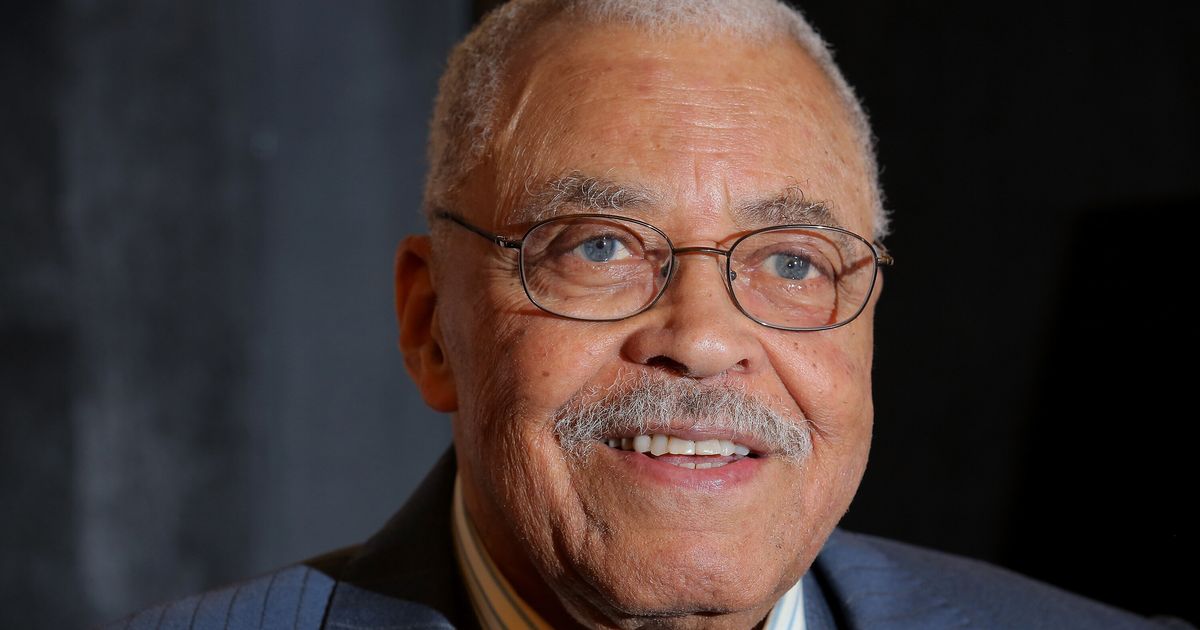James Earl Jones became world-famous after lending his distinctive voice to treasured films like “Star Wars” and “The Lion King.” The actor’s actor was truly at home on Broadway, however, making Monday’s unveiling of the James Earl Jones Theatre all the more historic.
The venue itself has stood on New York’s West 48th Street for 110 years and was once known as the Cort Theatre, according to Deadline. Announced by the Shubert Organization in March, the dedication made this the second Broadway theater named for a Black artist, after the August Wilson Theatre.
“It means everything,” Broadway director Kenny Leon told The Associated Press. “It’s like it seems like a small act, but it’s a huge action. It’s something we can look up and see that’s tangible.”
Actors Samuel L. Jackson and LaTanya Richardson Jackson, who made her bones in theater, attended the ceremony, while Broadway veterans Brian Stokes Mitchell and Norm Lewis performed. Even Mayor Eric Adams made an appearance at the oft-remodeled building.
“Today’s renaming of this freshly renovated venue as the James Earl Jones Theatre recognizes all that he has contributed, an imprint this enormously gifted actor, performer and leader has made on our dynamic Broadway community,” Adams said.
While Jones wasn’t in attendance, the 91-year-old was given a tour of the theater last week.
The celebrated renaming followed a local coalition of theater owners and union leaders demanding reforms in 2021 for more inclusion, diversity and equity on Broadway. One of these called for Shubert to name at least one of its theaters after a Black artist.
The three-story venue was designed by architect Thomas Lamb and first opened in 1912. It was built by and christened after John Cort, the general manager of the Northwestern Theatrical Association.
The theater underwent a $47 million restoration during the COVID-19 pandemic in 2020. That endeavor included an expansion to boost accessibility and add bar and lounge areas, dressing rooms, elevators and rehearsal space.
For Leon, who told The Associated Press that he “couldn’t think of anybody more deserving of this honor” than Jones, the renaming signaled a bright future.
“When I think about it, I think about young kids,” he said. “I think about Black kids, white and Asian kids, all kinds of kids, standing up outside of that theater and looking up and saying, ‘That’s it: The James Earl Jones Theatre. That represents the good in all of us.’”
